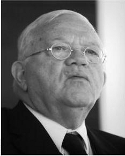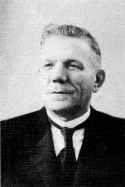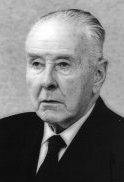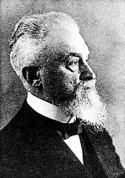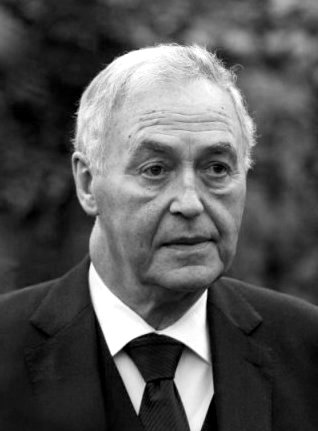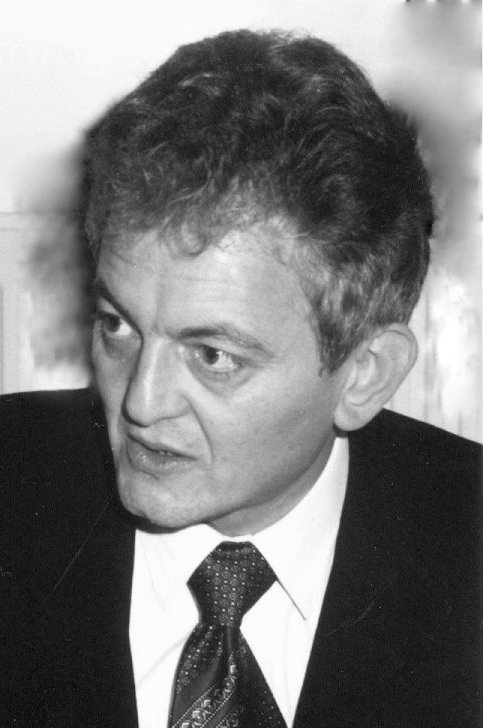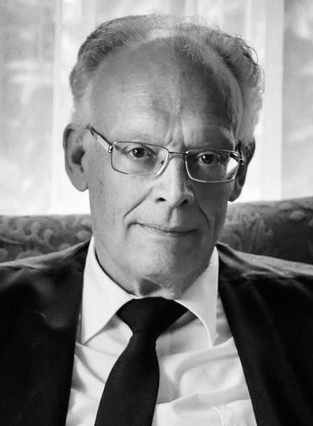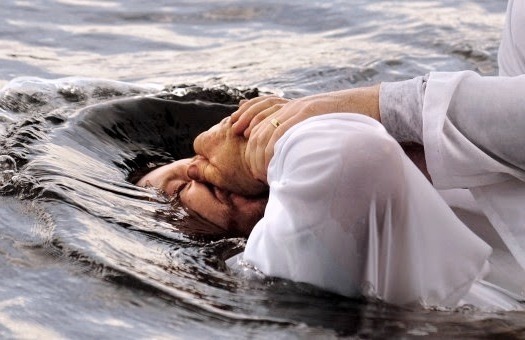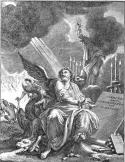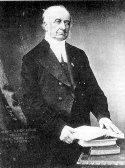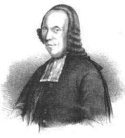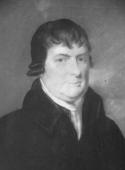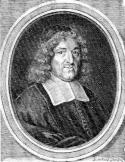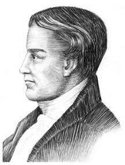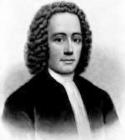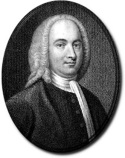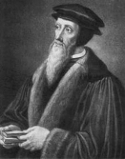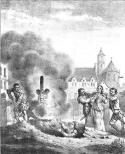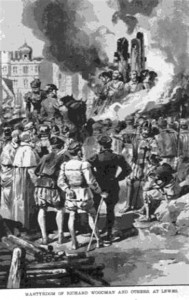Martyrdom of Richard Woodman and Others, at Lewes
Woodman was taken to London and brought before Dr. Christopherson, bishop-elect of Chishester. The bishop told him he was sorry to see him a prisoner, as he had heard that he was a man greatly esteemed in the country where he lived. He advised him, also, to consider his situation, and not think himself wiser than his betters.
Woodman replied, that so far from thinking himself wiser than other people, he was ready to learn of every man that could teach him the truth. As to the general esteem in which he was held by his neighbors, he said he had always tried to maintain a conscience void of offence. “As for my wife and children,” said he, “they are all in God’s hand, and I have them all as though I had them not.” He said, “They seek most unrighteously to shed my blood, and have laid many things unjustly to my charge; but if you can prove, form the word of God, that what I believe is not true, I am willing to give up the same, and stand here desirous of being reformed.”
After this, several divines talked with Woodman on the sacrament of the altar, purgatory, and other topics; when he argued so ably as to silence his opponents. He was then privately examined by Lord Montague’s chaplain, who made use of many arguments to bring him over to the Romish faith; but all his efforts were unsuccessful, for Woodman would not yield to anything that was not founded on the authority of the Bible. After some time he was brought before the bishop of Winchester, in St. George’s church, Southwark, where several gentlemen and clergy were present, and again examined.
Two months later, Woodman was again brought before the bishop of Winchester, in St. Savior’s church, Southwark, in the presence of the archdeacon of Canterbury, Dr. Langdall, and several other dignitaries. The bishop of Winchester showed some writings, and asked the prisoner if they were his. He replied that they were but refused to answer any charges, because “he was not of the bishop’s diocese, though he was then in it, therefore, he who was not his bishop had no authority ver him.” After some argument, the bishop sternly asked Woodman, “if he would become an honest man, and conform to the holy mother church?” To which the prisoner replied, “that no person could, with justice, object to his character; and that he was surprised he should charge him with heresy, as my lord of London had discharged him of all matters that were laid against him on that head.”
The bishop the observed, “that at the former time, when he was release, perhaps they did not have the evidence they now had against him, and that he was not then suspected of being a heretic.” Woodman, at length, consented to answer the several charges brought against him, and having done so, distinctly repeated the articles of his belief.
As the bishop of Chichester was not yet consecrated, he would not undertake judicially to examine Woodman, and therefore submitted his answers to the bishop of Winchester, who, after many other questions and arguments, failed to induce the prisoner to recant. So at last the bishop sentenced Woodman to be burned, and he was delivered into the hands of the sheriff.
About two weeks after being sentenced, Woodman was taken to the town of Lewes, in Sussex, together with his nine fellow prisoners, concerning whose trial no particulars have come down to us, but whose names only have been preserved, with the statement that they were all condemned for heresy a few days after their arrest.
On the 22nd of July, 1557, these ten persons were led to the place of execution There they were chained to several stakes, and consumed in one great fire. It is recorded that they all went to their deaths with wonderful courage and resignation, with their last words committing their souls to that blessed Redeemer who was to be their final judge.
http://www.kamglobal.org/Martyrs/martyrs51.html



